Readings not to be missed – Spring 2021
We have selected 10 books that we recommend you read in the second quarter of 2021. They all have something of a common theme: uncertainty, decision-making, changing our habits, seeking mental agility, the fluidity of remote working, and opening up to the Other, not forgetting what we may think about new technology.
Happy reading!
#decision
Noise: A Flaw in Human Judgment
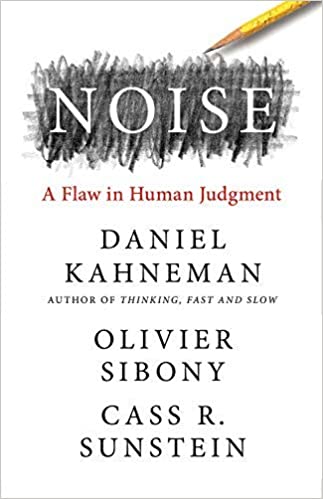
Kahneman, awarded a Nobel prize for his famous Thinking, Fast and Slow, and Olivier Sibony, who caused a rumpus over decision-making and wrote You’re About to Make a Terrible Mistake: the perfect combination for exploring why you make bad calls. This book is bursting with original ideas, stringent tests, and concrete examples. An opus on decision-making (and how it can be skewed).
#changing
Why the F*ck Can’t I Change? : Insights from a neuroscientist to show that you can
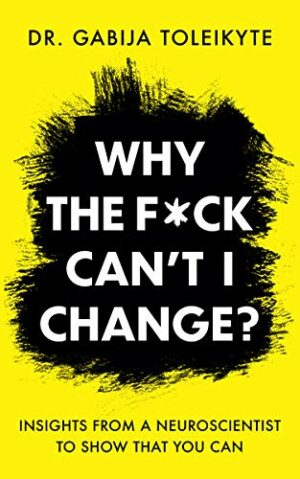
We all want to change something about ourselves: our stress levels, our weight, our relationships, or our performance at work. But we don’t succeed. Neuroscientist Toleikyte gets straight to the heart of why we form certain habits and behaviors. While changing is complicated emotionally, she does show us how we can avoid repeating the same mistakes over and over.
#agility
Think Again : The Power of Knowing What You Don’t Know
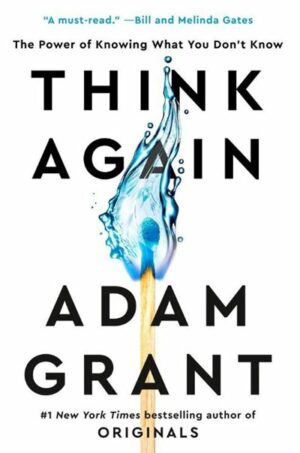
Faced with the unknown or, at least, the uncertain which has become a part of daily life, Adam Grant pushes a culture of curiosity, learning, and exploring. We don’t have to believe everything we think or internalize everything we feel. Instead we should try to drop opinions that aren’t working for us any more and prize mental flexibility over foolish constancy.
#risk #uncertainty
You Are What You Risk: The New Art and Science of Navigating an Uncertain World
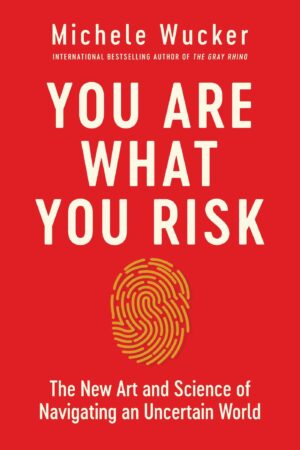
Do you remember The Gray Rhino, the bestseller that, in 2016, dared to oust Nassim Taleb’s famous Black Swan? A specialist in the subject (uncertainty and risk), Wucker questions stereotypical attitudes regarding risk, and shares ideas and strategies that will help you understand what makes you who you are. And help you make better decisions, both big and small.
#Remote working
Remote, Inc.: How to Thrive at Work. . . Wherever You Are
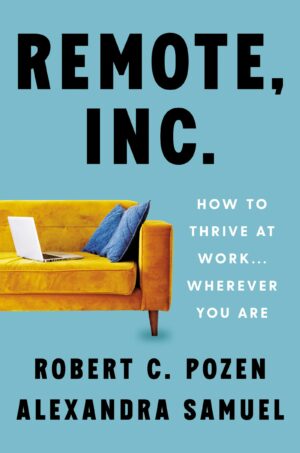
Another book on tele-working? Yes, but very much set in the post-Covid world. Working remotely does not mean taking your office home. It means adopting the mindset, habits, and tools of a “business of one”. And this, more entrepreneurial mindset will transform your remote working experience. You are the boss of your own performance.
#Remote working
Remote Work Revolution: Succeeding from Anywhere
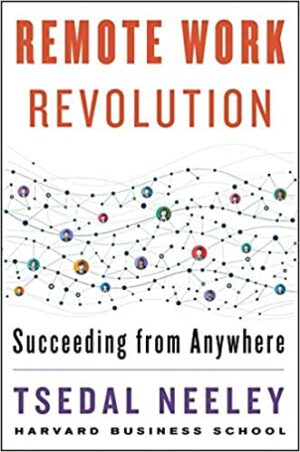
Neeley has been studying how to work well when working remotely for a long time. How can you avoid feeling isolated, out of sync, and out of sight? How can you build trust, maintain connections without in-person interactions, and find a proper work/life balance? How can you lead, work together, maintain efficiency, and well-being? This book offers answers to those questions.
#diversity #inclusion
You are Your Best Thing: Vulnerability, Shame Resilience, and the Black Experience
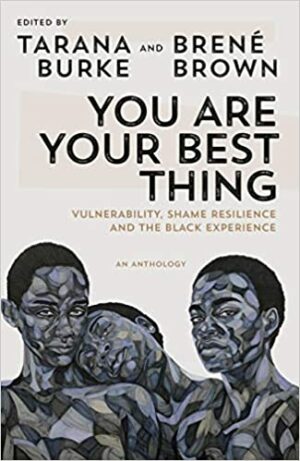
A very fine book, recommended by Adam Grant, about vulnerability and resilience. Tarana Burke, founder of the #MeToo movement, and Dr. Brené Brown bring together a group of Black opinion leaders, writers, artists, academics, and cultural figures to explore the dynamics of shame resilience. Burke and Brown make the perfect pair.
#diversity
Can’t Even: How Millennials Became the Burnout Generation
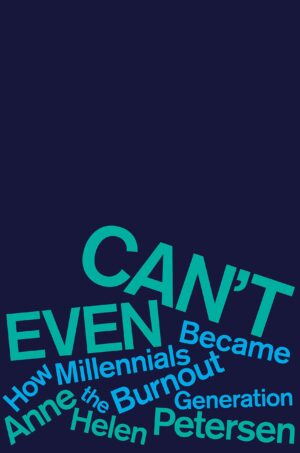
Petersen provides an incendiary examination of professional exhaustion among Millennials who are far from a pampered generation. This burnout is born of distrust in the institutions that have failed us, the unrealistic expectations of the modern workplace, and a sharp uptick in anxiety exacerbated by the constant pressure to “perform” our lives online. And this isn’t just for the young!
#New Technology
How Humans Judge Machines
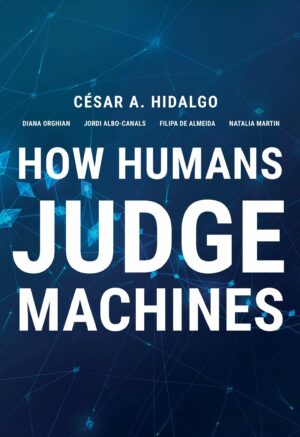
How would you feel if a machine took your job? Or if a tsunami early warning system proved faulty? Would you react differently to acts of discrimination depending on whether they came from a machine or a human? Hidalgo and his team have studied dozens of reactions and analyzed their biases. It’s another step forward in understanding the ethics of AI.
#New Technology
My Robot Gets Me: How Social Design Can Make New Products More Human
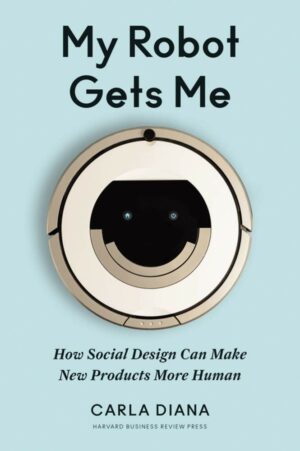
You know Siri, and you are aware that first generation smart products still aren’t very smart. Carla Diana looks at humanizing even the most mundane consumer products with the help of social design methods such as bodystorming, scenario storyboarding, video prototyping, behavior charting, and more.
© Copyright Business Digest - All rights reserved




